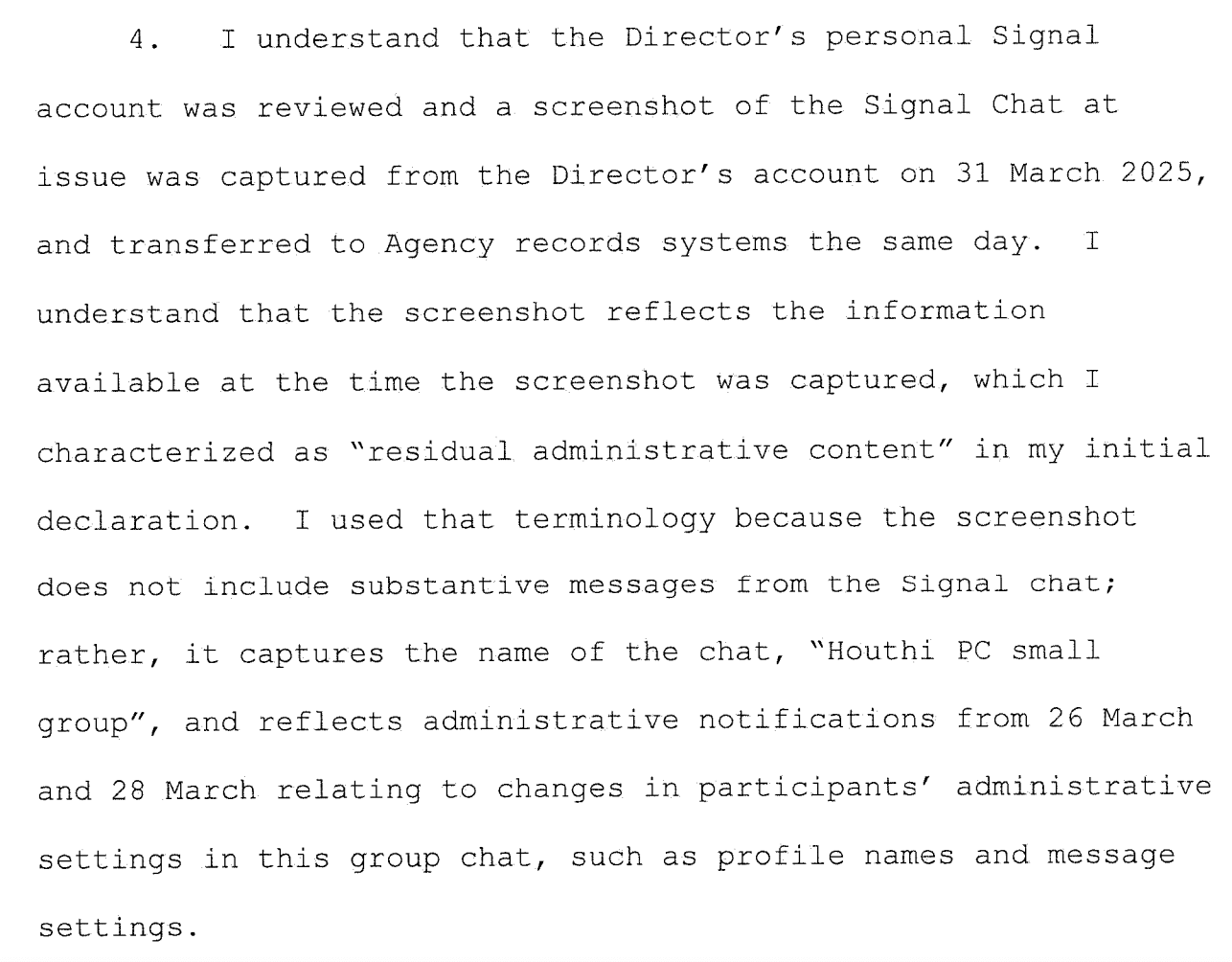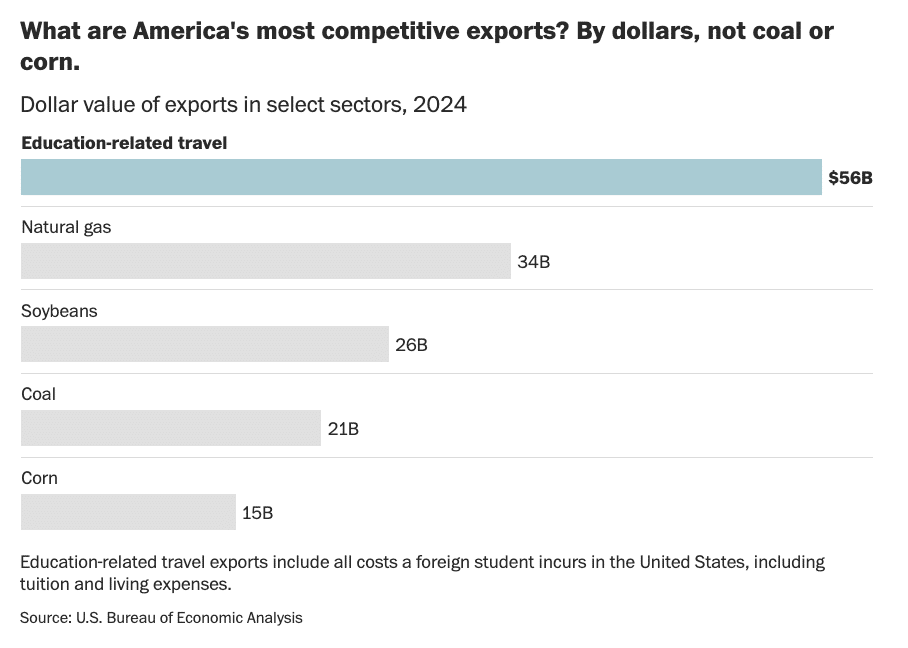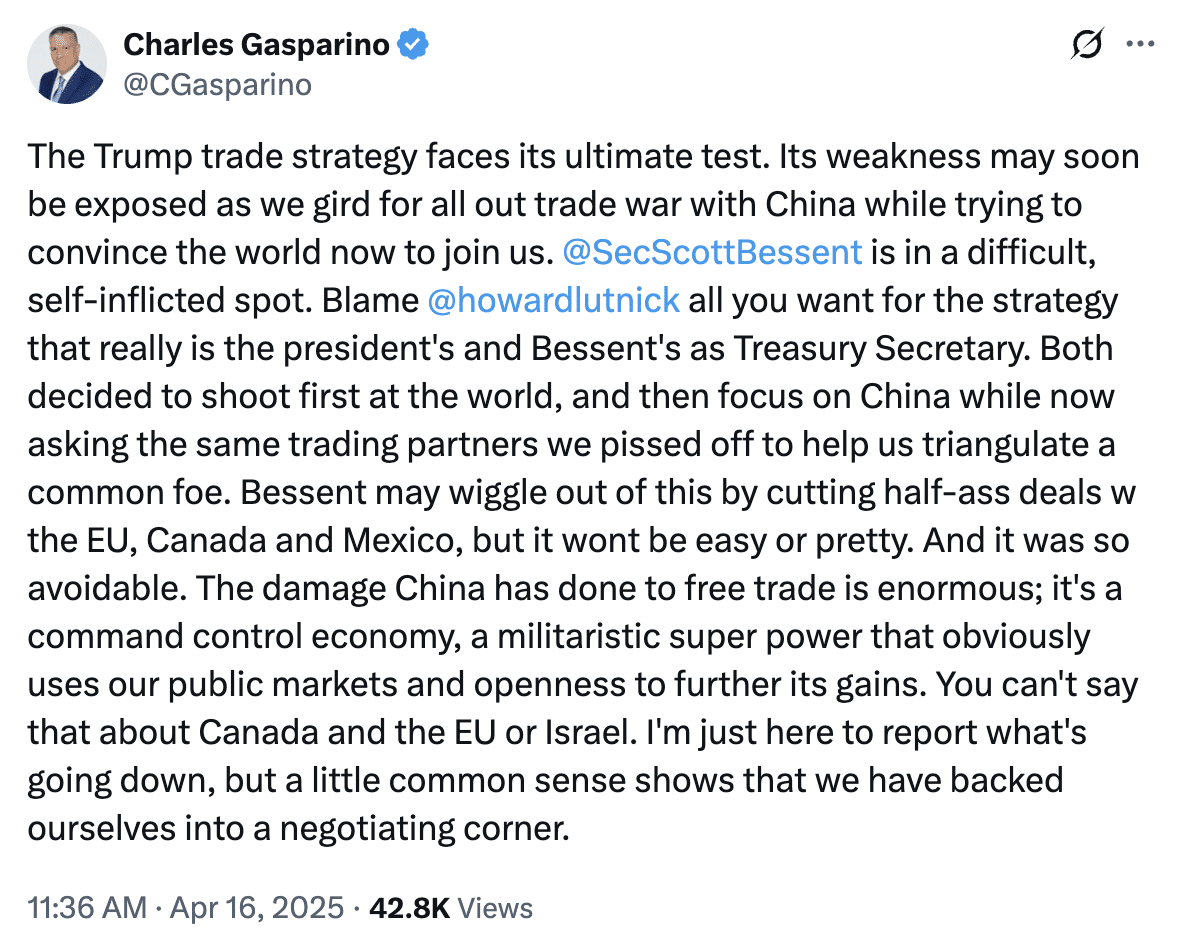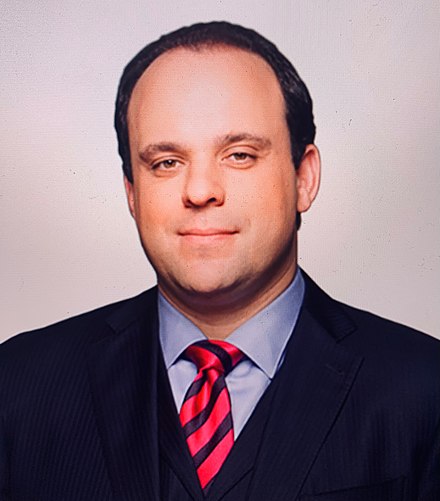Whiskey Pete Hegseth Finally Finds Some White Men to Purge
Amid all the other news, the purge of suspected leakers Pete Hegseth announced last month has netted three targets — all white men, for a change! Politico has not only provided a roster, but described the scope of the leak investigation.
The Pentagon put a third top official on administrative leave Wednesday as part of a wide-ranging leak investigation, according to a defense official and a person familiar with the matter.
Colin Carroll, chief of staff to Deputy Defense Secretary Stephen Feinberg, was suspended a day after two other political appointees were placed on leave following a probe into potential leaks of sensitive information.
The leaks under investigation include [1] military operational plans for the Panama Canal, [2] a second carrier headed to the Red Sea, [3] Elon Musk’s controversial visit to the Pentagon to discuss China and a [4] pause in the collection of intelligence for Ukraine, according to the official.
[snip]
Dan Caldwell, a senior adviser to Defense Secretary Pete Hegseth, and Darin Selnick, the Defense Department’s deputy chief of staff, were escorted out of the Pentagon by security officers and had their building access suspended pending further investigation, the official said. Caldwell and Selnick both previously worked at Concerned Veterans for America, the nonprofit that Hegseth once led. [my annotation]
An Air Force Special Forces Command Chief Master Sergeant was also removed on Monday, though no one has said the investigation described to be targeting him is Pete Hegseth’s purge.
When this investigation was first reported by CNN, it focused on the disclosure to NYT, for a story published on March 20 [1], that Hegseth was about to give Elon Musk a briefing on US war plans against China.
The memo comes after President Donald Trump pushed back on a New York Times report that DOGE head Elon Musk would be briefed on US military plans for a potential war with China while at the Pentagon on Friday. Trump said he wouldn’t show such plans “to anybody.”
And surely that’s a big focus of this investigation. As news of these ousters broke, Marc Caputo released a story ret-conning Trump’s unhappiness with the briefing, claiming, against all sense, that Trump got mad at Elon but not, also, Hegseth about it.
- Defense Secretary Pete Hegseth suspended two top Pentagon officials, Dan Caldwell and Darin Selnick, as part of an investigation into who leaked word of a planned top-secret briefing on China for Elon Musk.
- Axios learned that Musk or Hegseth didn’t just decide to call off that briefing after the leak. President Trump himself ordered staffers to kill it.
- “What the f**k is Elon doing there? Make sure he doesn’t go,” Trump said, a top official recalled to Axios.
Why it matters: Musk has annoyed several administration officials with his constant presence at the White House, his haphazard social media posts and his slash-and-burn tactics at his Department of Government Efficiency.
- The planned Pentagon briefing, however, got him cross with the boss at the Resolute Desk.
Anyway, no one made sure Elon “doesn’t go;” the currently operative story is Elon went to the Pentagon, but didn’t get the briefing. If Trump were unhappy with the planned briefing, rather than its exposure, I doubt we’d have this kind of leak investigation, which purportedly prevented the briefing from happening.
But Politico mentions three more leaks targeted by the investigation:
- A widely disseminated story [1] disclosing that DOD had developed military plans targeting the Panama Canal; NBC’s story was published March 13.
- The deployment [2] of the USS Carl Vinson from Asia to the Red Sea; the Politico version, which noted USNI reported the news first, was like USNI’s report dated March 21. Both versions report the move first as a month-long extension of the deployment of the USS Harry S. Truman, which was damaged and then repaired in February after being struck by a merchant ship, with the Vinson sailing from East China to the Red Sea to overlap with it. On March 16, the Houthis attempted to attack the Truman in retaliation for the strikes on March 15 ordered up by Pete Hegseth’s signal chat, and potential Houthi disinformation has very recently claimed the Truman has been struck.
- Stories [4] about a pause in intelligence sharing with Ukraine that were quickly and publicly confirmed by John Ratcliffe; here’s Politico’s March 5 version, bylined by one of the guys closely tracking the purge.
So in order, the leaks are:
- March 5 story on Ukraine intelligence sharing
- March 13 story on targeting Panama
- March 20 story on the Elon briefing
- March 21 story on the Vinson redeployment from the East China Sea to the Middle East
With that list in mind, let’s look at several aspects of the memo, dated the same day as the Vinson deployment, March 21, asking for the investigation.
It does, in fact, identify, “unauthorized disclosures of national security information involving sensitive communications with principals within the Office of the Secretary of Defense,” plural. So while the coverage focused on the Elon briefing, it reportedly entailed the others from the start, including the seemingly routine report on the Vinson deployment.
It not only mentioned “sensitive communications with principals within the Office of the Secretary of Defense,” but it asked for cooperation from “those responsible for maintaining and overseeing information security systems and in coordination with federal partners as required.” At first, in the days before Jeff Goldberg revealed Pete Hegseth conducts these discussions (including discussions about the Middle East operations like the Vinson deployment) via Signal chat, it seemed this might have been an investigation into DOD’s secure communications.
But given the inclusion of Dan Caldwell — the guy whom Hegseth instructed Mike Waltz to add as his representative to the famous Signal chat — as the first guy purged suggests this leak investigation could also be about the Signal chat.
Or other Signal chats. Mike Waltz apparently did this all the time.
American Oversight’s lawsuit seeking to preserve the signal chats Goldberg published already disclosed that the actual content of the chats did not get preserved on John Ratcliffe’s personal phone, and that between March 26 and March 28 — after Congress was already investigating — participants changed message settings.
In a filing asking James Boasberg to find that Ratcliffe defied his order submitted yesterday, American Oversight included this timeline of what we know from filings in that suit:
March 24: Excerpts of the Signal chat appear in The Atlantic.1
March 25: American Oversight files this action. On the same day, Defendant Ratcliffe testifies before the Senate Select Committee on Intelligence regarding his use of Signal.2
March 26: American Oversight files a motion for temporary restraining order. ECF No. 6. The same day, changes occur in the Signal chat “participants’ administrative settings . . . such as profile names and message settings.” Suppl. Blankenship Decl. ¶ 4, ECF No. 15-3. Also on the same day, The Atlantic publishes further excerpts from the Signal chat.3
March 27: This Court orders Defendants to “promptly make best efforts to preserve all Signal communications from March 11–15, 2025.” Min. Order, Mar. 27, 2025. The same day, the CIA’s Office of General Counsel reportedly issued a litigation hold notice. Blankenship Decl. ¶ 4, ECF No. 10-3.
March 28: Changes occur again in the Signal chat participants’ profile names and message settings. Suppl. Blankenship Decl. ¶ 4, ECF No. 15-3.
March 31: Defendant Ratcliffe’s Signal account is “reviewed” for the first time and found to contain no substantive messages from the Signal chat. Suppl. Blankenship Decl. ¶ 4, ECF No. 15-3.
1 See Jeffrey Goldberg, The Trump Administration Accidentally Texted Me Its War Plans, The Atlantic (Mar. 24, 2025), https://www.theatlantic.com/politics/archive/2025/03/trumpadministration-accidentally-texted-me-its-war-plans/682151/.
2 Sen. Select Comm. on Intel. Hr’g to Examine Worldwide Threats Tr., Mar. 25, 2025, available at https://www.dia.mil/Portals/110/Images/News/DIA%20in%20the%20News/Committee_Hearing _2025.pdf.
3 See Jeffrey Goldberg & Shane Harris, Here Are the Attack Plans that Trump’s Advisers Shared on Signal, The Atlantic (March 26, 2025), https://www.theatlantic.com/politics/archive/2025/03/signal-group-chat-attack-plans-hegsethgoldberg/682176.
All of that took place after Hegseth himself ordered an investigation into leaks including the extension of the Harry S. Truman deployment to fight the Houthis on March 21, the kind of thing that might have been on that Signal chat.
While American Oversight didn’t ask for any other declarations, it did note that the existing declarations [docket] raise real questions about who else, including Whiskey Pete, might have deleted these texts from their devices.
For example, rather than specifying which messages were preserved, the Supplemental DoD Declaration vaguely references the preservation of “existing Signal application messages,” which, as shown by the Supplemental Blankenship Declaration, could be none. Suppl. Bennett Decl. ¶ 2, ECF No. 15-1. Similarly, without specifying whether any substantive messages were preserved, the Supplemental State Declaration merely states that “images of the Signal chat”—including “any” images captured from the Secretary’s devices—have been preserved. See Decl. of Timothy J. Kootz ¶ 4, ECF No. 15-4. As with CIA, those “images of the Signal chat” may simply be the title of the group chat. The Supplemental State Declaration also suggests that Secretary Rubio accessed the Signal chat from multiple devices. Id. More broadly, the evidentiary issues identified in the Supplemental Blankenship Declaration raise substantial questions regarding what these other Defendants actually preserved.
In forthcoming filings, American Oversight will probe the clear deficiencies in Defendants’ recordkeeping practices evidenced by these standout omissions of whether and what substantive messages from the Signal chat still exist, as well as when and how any such messages were lost. [my emphasis]
All of which brings me to the last detail of the original leak announcement that has always struck me: it was set up not as conventional leak investigations are, as a referral to the FBI based on stories that include classified information. That’s how you find out who leaked what if you want all possible culprits involved. Rather, it was set up such that Hegseth himself would get reports on the findings, and from that point, the criminal referrals would go out.
This investigation will commence immediately and culminate in a report to the Secretary of Defense. The report will include a complete record of unauthorized disclosures within the Department of Defense and recommendations to improve such efforts. I expect to be informed immediately if this effort results in information identifying a party responsible for an unauthorized disclosure, and that such information will be referred to the appropriate criminal law enforcement entity for criminal prosecution. [my emphasis]
That is, this so-called leak investigation implicating the guy Hegseth would add to his inappropriate Signal chats was set up such that Hegseth himself gets to gatekeep who gets targeted by it.
He appears to have set it up that way, importantly, before he realized a journalist had witnessed him add Dan Caldwell to a Signal chat on which he himself would disseminate battle information to the personal cell phones of multiple list participants, including journalist Jeff Goldberg.
Update: Adding this for timeline considerations. Roger Wicker and Jack Reed asked DOD IG to investigate this on March 27, while participants in the Signal chat were altering names and retention.
[W]e ask that you conduct an inquiry into, and provide us with an assessment of, the following:
1. The facts and circumstances surrounding the above referenced Signal chat incident, including an accounting of what was communicated and any remedial actions taken as a result;
2. Department of Defense (DOD) policies and adherence to policies relating to government officers and employees sharing sensitive and classified information on non-government networks and electronic applications;
3. An assessment of DOD classification and declassification policies and processes and whether these policies and processes were adhered to;
4. How the policies of the White House, Department of Defense, the intelligence community, and other Departments and agencies represented on the National Security Council on this subject differ, if at all;
5. An assessment of whether any individuals transferred classified information, including operational details, from classified systems to unclassified systems, and if so, how;
6. Any recommendations to address potential issues identified.















